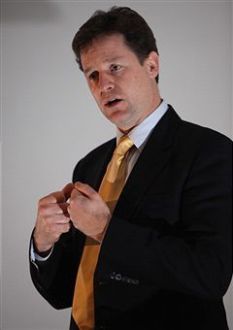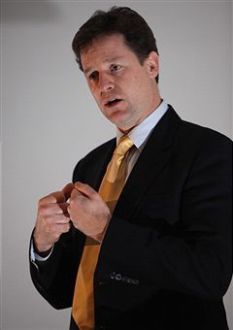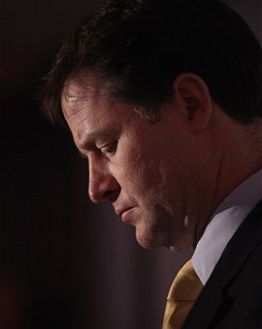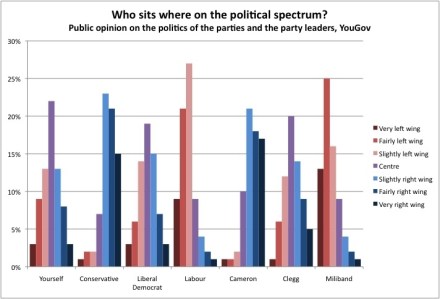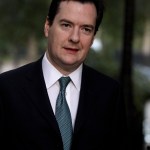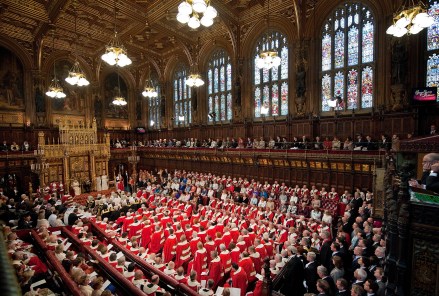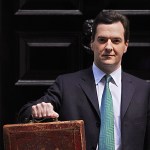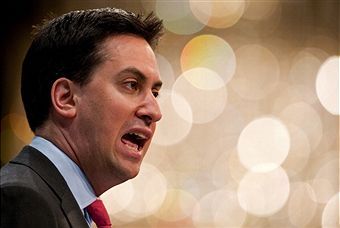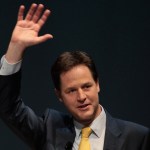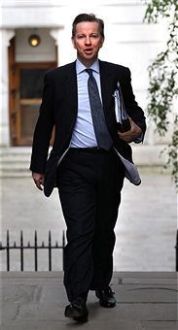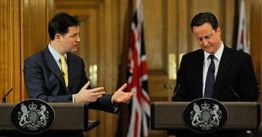Unpicking Oakeshott’s exit
The resignation last night of Lord Oakeshott, the Liberal Democrat’s Treasury spokesmen in the Lords, over his criticisms of Project Merlin is more important than it might appear. Despite not being a coalition minister, Oakeshott is one of the bigger figures in the Liberal Democrats and is extremely close to Vince Cable, who skis with him. There is a certain nervousness in coalition circles that Oakeshott’s departure over Project Merlin could be a forerunner of Vince quitting over the government’s response to the Vickers’ review on banking. But it should be said that these fears are based more on hunches and suspicions than anything else. Oakeshott has been irritating Clegg
